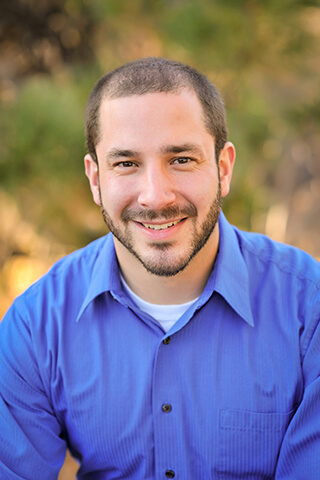Children face an array of social issues at school and online. Bullying has gained significant attention recently, with stories of young children hurting themselves as a result of social media or in-school harassment becoming a weekly news topic. Peer pressure also exists behind closed doors, as younger and younger kids are encouraging their friends to try out risky and dangerous behavior for “likes” online or for social acceptance. What can you do as a parent to stay on top of things and best help your child, if they end up in a situation like this?
It is important to note that normal, developmentally appropriate behaviors can sometimes be confused as bullying. Children will often argue, disagree, and have “break-ups” in friendships as they sort out their own identities and figure out their social surroundings. Bullying, however, is a repeated, aggressive behavior that often utilizes power imbalances. It might be emotional (e.g., name calling, teasing, spreading rumors, or social ostracizing) or physical (e.g., hitting, tripping, or taking/breaking someone’s things) in nature. Although bullying should never be tolerated, and many schools have direct policies about it, many kids do not feel safe in sharing about it. They may feel weak or stupid for “letting it happen,” or they may fear what could happen should the bully find out an adult was told. If you suspect your child has been bullied, open up a dialogue with them. Reassure him or her that they are not to blame and that you are glad they are talking to you about it. Validate their feelings, whether they are angry or sad or whatever about the incident, and ensure they feel listened to. Contact the school, or wherever the bullying occurred, if you feel a report should be made, but remember to keep your own cool as well – unchecked anger will only make the situation worse for your child.
Peer pressure is rapidly moving to the virtual world. From the Tide Pod Challenge to all sorts of dangerous behaviors, children are increasingly vulnerable to the influence of others online. Talk to your child about their social media accounts, and monitor them closely. Are they talking with strangers on Snapchat? Are their friends or others pressuring them to do something just for social media fame or a momentary high? Talk to your child about how to respond to peer pressure. He or she can say “no,” list reasons they don’t want to participate, or you can even block people on your child’s social media who are a poor influence.
If your child is bullied or pressured into something, remember to honor your emotions as a parent, too. You may feel at fault that you didn’t stop it, or you may incredibly angry at those who have hurt or negatively influenced your child. It is important to take care of yourself and make sure you have safe people to talk to about the situation as well. And finally, remember to model for your kids how you would want them to handle tough issues such as these.
If you would like more help in supporting your child or if your child needs the extra support of counseling, we are happy to help. Call now to schedule an appointment – 720.465.6180.

